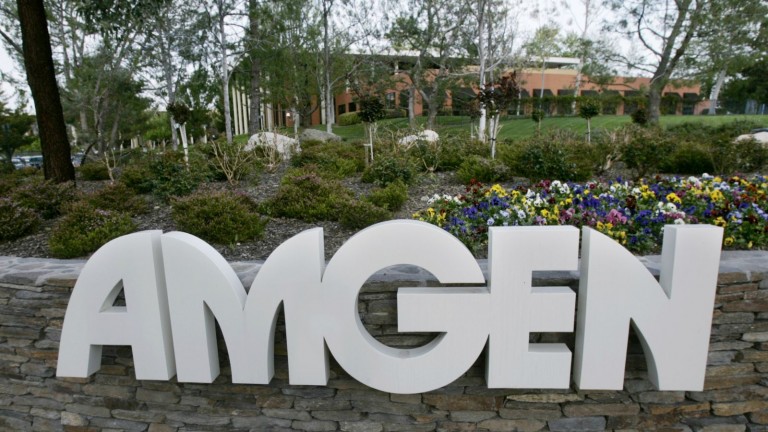
Amgen, Inc. (NASDAQ:AMGN) witnessed a setback after the European Commission gave a go-ahead to Benepali, the first bio-similar of the company’s multi-billion dollar therapy, Enbrel (etanercept). Benepali, an anti-inflammatory drug, is jointly developed by Samsung Bioepis and Biogen Inc (NASDAQ:BIIB).
EU’s approval
The European Commission has approved the drug for the treatment of ailments ranging from psoriatic arthritis, rheumatoid arthritis, axial spondyloarthritis and plaque psoriasis. The approval is based on the results of a 52-week Phase III clinical study that showed Benepali’s safety and efficacy equivalent to Enbrel.
It should be noted that Samsung Bioepis and Biogen formed a joint venture in 2012 with the objective of developing affordable alternatives and biosimilars. Following the go-ahead from the European Commission, Biogen will lead commercialization efforts as well as distribution of Benepali across the 28 EU member states apart from Iceland, Norway, and Liechtenstein.
Other joint-ventures
The companies are set to commence the product’s launch over the course of next few weeks.
Samsung Bioepis’ CEO Christopher Hansung Ko, sees the European Commission’s approval as an opportunity to drive healthcare costs down while allowing a higher accessibility to patients across Europe. The achievement is particularly exciting for both companies as it will compete with Amgen’s Enbrel, which took in a total of $5.3 billion in sales during the last four quarters.
Meanwhile, Samsung Bioepis is also planning to join Merck & Co. Inc. (NYSE:MRK) for developing biologics in some of the regions following its February 2013 agreement. The two companies developed Brenzy (formerly known as SB4), a biosimilar of Enbrel, which gained approval in South Korea last September. Merck retains the global rights to market SB4 excluding the U.S., Japan, and the EU.
These developments will have repercussions for Amgen. Amgen shares traded down by 1.18% to $151.35 on Friday while Biogen was down by 2.58% and settled at $273.33.




